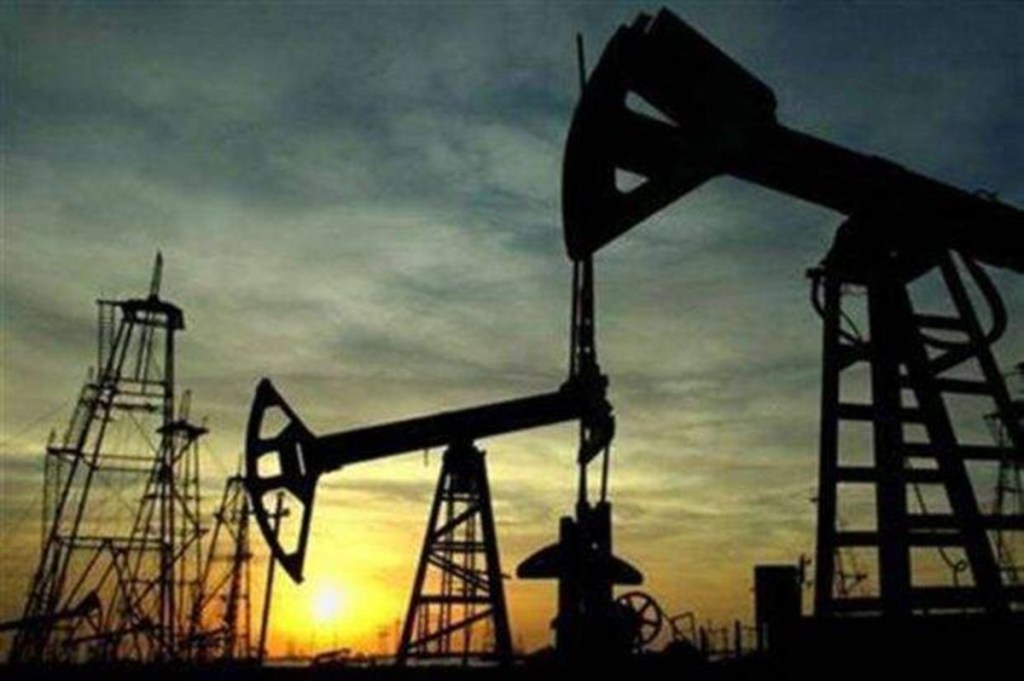Reiterating his request of phasing out production cuts, Union minister of petroleum and natural gas Dharmendra Pradhan, in a high-level consultation meeting with OPEC secretary general Mohammed Sanusi Barkindo on Thursday, said that high crude prices is adding a significant inflationary pressure on India. “Crude prices should remain within a reasonable band, which will be in the collective interests of both consumers and producers and will encourage a consumption-led recovery,” Pradhan said.
The price of Indian basket of crude is currently at $73.2/barrel, up from $50/barrel in end-December, supported by global demand recovery and voluntary production cuts until July-end from major oil exporting nations. “Global crude oil prices are expected to hover in the range of $75-80/barrel until at least September 2021, but may revert to $75/barrel in case of higher Iranian supply and OPEC countries,” analysts at CARE Ratings said on Thursday.
Crude oil import of India in May was 17.3 million tonne (MT), recording an annual rise of 18.5%. Due to the increase in global crude oil rates, the value of the import was $8.3 billion, 261% higher than May 2020. In the first two months of FY22, the value of crude import, at $16.8 billion, was 217% higher than the same period last year though import volumes were up only 13.8% to 35.5 MT.
On Thursday, retail petrol price in Delhi touched an all-time high of Rs 97.76/litre, rising by Rs 4.55/litre since the same day a month ago, as state-run oil marketing companies gradually increased the base-price of the products amid rising international crude prices. The base price comprise 39% of the retail petrol rates in Delhi, while state VAT makes up 23% and central excise account for 34% of the final fuel price paid by the end consumer. Freight charges and dealer commission make up for the rest of the price.
